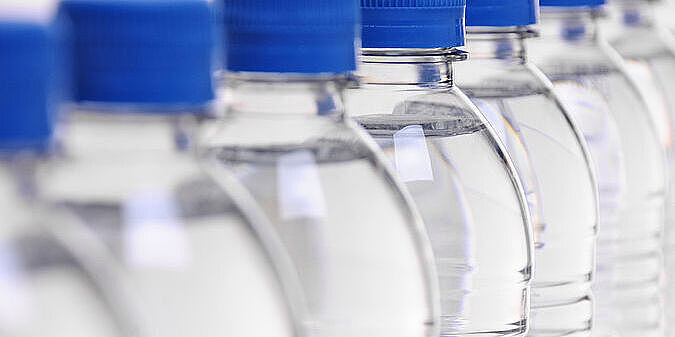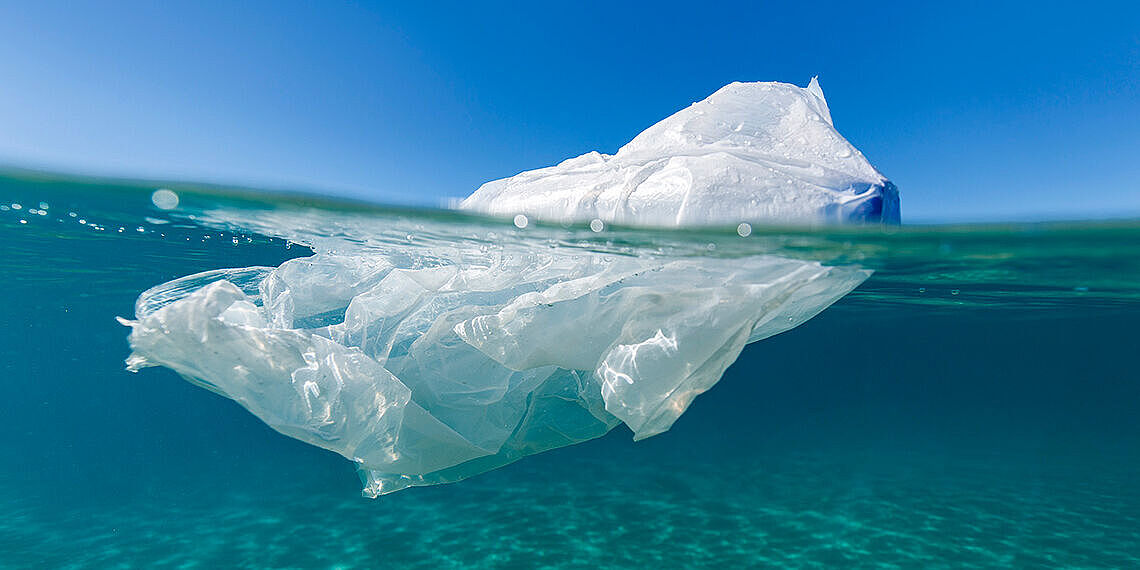Microplastics in drinking water: Towards European monitoring
The European Commission is planning to establish a watch list of health elements in drinking water that are of concern to citizens and scientists. This involves microplastics, pharmaceutical products, and endocrine disruptors.

Society's concerns regarding the presence of emerging compounds such as microplastics, pharmaceuticals, and endocrine disruptors in water are no longer a myth. In order to address these concerns, all European bodies have organised a recast of the directive on the quality of water intended for human consumption, published in the Official Journal on 23 December 2020.
As a result, the EU plans to introduce a watch list to respond to the potential negative effects of microplastics on human health, adapting techniques and methodologies to monitor them.
The European Commission is therefore now responsible for establishing methodologies to measure microplastics.
The EU is encouraging Member States to pay particular attention to microplastics and other emerging compounds when carrying out risk assessments of the use of surface water for human consumption.
Deadlines:

- The European Union commits to adopt by 12 January 2024 a methodology for measuring microplastics for monitoring purposes.
- By 12 January 2029, the European Commission will present a report on the potential health risks and hazards caused by the presence of microplastics, pharmaceuticals, and endocrine disruptors in water intended for human consumption (EDCH).
To summarise:
“In addition to the system of compliance with quality standards in drinking water, the directive establishes a vigilance mechanism for organising monitoring and acquiring knowledge on parameters of interest, or so-called “emerging” parameters, in particular, endocrine disruption parameters, medicines, or microplastics."
This European advance encourages the industry of water intended for human consumption to anticipate future restrictive announcements.
By carrying out microplastic analyses today, you have the possibility, in case of microplastic detection, to plan the improvement of your processes.
WESSLING has the expertise and state-of-the-art equipment necessary for microplastics analysis, and will support you in all your efforts.
Need more informations?
- Frédéric Jeampierre
- +33 7 56 37 24 99
- frederic.jeampierre@wessling.fr

